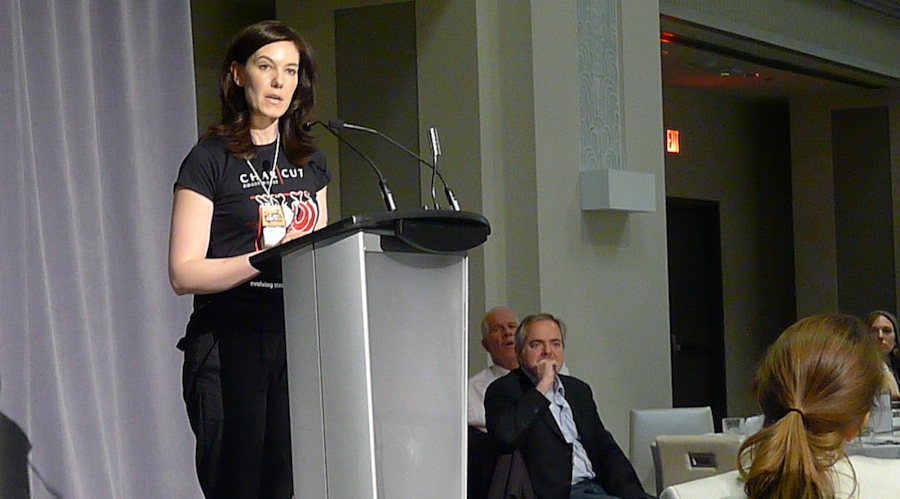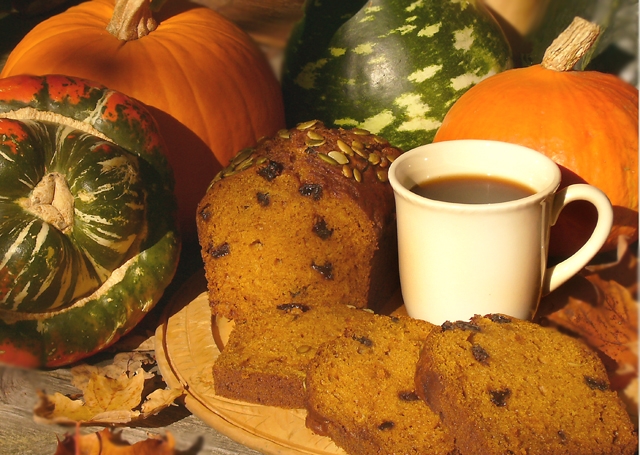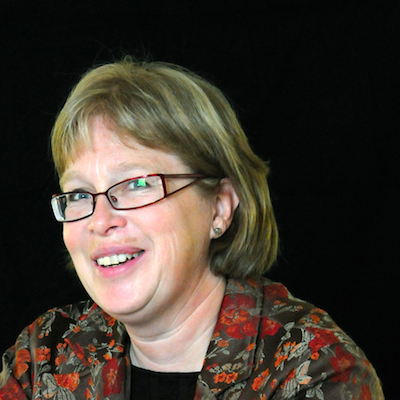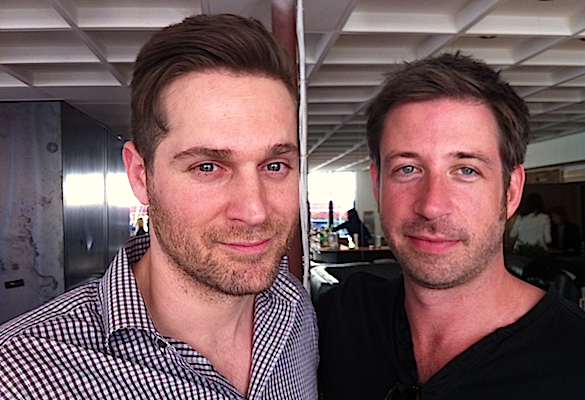Photos: Jamie Drummond, Words: Malcolm Jolley

Ben Shewry, Chef, Attica, Mebourne, Australia
Hospitality professionals are not known for their propensity to rise early, and yet by 8 o’clock on a grey April morning in downtown Toronto, a few hundred of them had congregated for the Terroir Symposium, the first-ever event at the new Oliver & Bonacini Arcadian Court. And by 9 o’clock about five hundred of them were ready for the day’s program to begin. What follows are my notes from the first part of nearly 12 hours of engaging and fascinating programming. Of course, Jamie and I are biased about Terroir, since we sit on the volunteer committee that organizes it, but I’ve tried to present the topline messages from most of the day’s speakers. Next week: Alice Feiring, Jeff Crump, Connie DeSousa and Ben Shewry, plus the food and a Terroir field trip to Grey County.
James Chatto, food writer and Terroir MC, jameschatto.com
Chatto’s introduction to the day focused on the symposium’s theme of “New Radicals” – a new generation of chefs that have been dominating the Toronto scene for the last four years or so. Theirs are “DIY restaurants” that feature “cocktails instead of a wine cellar” and Chatto credits them with filling a gap between the “smart restaurants” and the “bistro belt”
Peter Oliver, founder of Oliver & Bonacini, oliverbonacini.com
Oliver praised an older generation of “New Radicals” who inspired him in Toronto in the late 70s and early 80s. Calling them the “cucina nuovo” set he mentioned Italian-Canadian restaurateurs like Franco Prevedello, crediting them with bringing the excitement that has sustained the Toronto restaurant scene since. Admitting with a smile that his company had “made every mistake there is to make”, Oliver warned young restaurateurs that “hype doesn’t last” and to be successful they would have to marshal the “mental energy and tenacity to keep going”.
Ken Friedman, partner in The Spotted Pig and other NYC restaurants, thespottedpig.com
Friedman opened his talks by declaring himself to be “an old radical”. He explained how he got into the restaurant business after a successful career as a music business executive, largely because he liked going out to restaurants and bars and wondered why he couldn’t go to a bar with great food. He also spoke candidly about how the failure of the first John Dory focused his business practice and reinforced the importance of that old adage “location, location, location”, joking, “I only want to open next to Starbuck’s from now on”.
Max Rimaldi, partner in Pizzeria Libretto and Enoteca Sociale, pizzerialibretto.com
Rimaldi gave an extremely candid talk about how he created his career in the restaurant business after business failure and bankruptcy trading stocks and a bout with depression. He described the roller coaster ride of opening the first Libretto, especially after the bank cancelled the loan they had promised him. What kept him going then, and keeps him going now? He explained that when he started doing a few shifts as a waiter after his disastrous first career, he realized “being in a restaurant was the only job that made [him] happy”. Finally, he said the secret to his success has been carefully planning and then sticking to a business plan: “you can’t make your customers your Guinea pigs”.
Marta Cutler and Vanessa Eckstein, partners at blok design, blokdesign.com
After three restaurateurs, it was time for something completely different, and Cutler and Eckstein led the hall through a talk on creativity, the importance of ambiguity and “play with no sense of purpose or goal” to the creative process. To the chefs in the room, they encouraged free thought and childlike wonder.
Doug McNish, vegan chef and consultant, dougmcnish.com
Enough talk! It was time for action, and McNish led the crowd through a demonstration, making “sour cream and onion kale chips” They were completely vegan and completely delicious. Seriously: he won over a pretty heavily carnivore audience, all the while chatting us up, paying tribute to his first boss Peter Oliver, explaining the finer points of using food dehydrators and making the case that “kale is the new beef”.
Lilia Smelkova, campaign manager for Food Day USA, foodday.org
Smelkova, who came to Washington-based Food Day via Slow Food International in Italy, spoke about the importance of “chef collaboration” and unique spot that chefs hold in the food system between farmers (producers) and their customers (consumers). She named chefs as a key component in Food Day’s efforts to raise awareness about and encourage people to choose food that is “healthy, sustainable, affordable and fair.”
Michael Stadtlander, chef and activist, canadianchefscongress.com
“We are going to rebel on!” promised Stadtlander as he described the efforts to hold Foodstock last fall near his farm and restaurant, Eigensinn and Hasai, in opposition to a mega-quarry that would destroy some of Canada’s best farmland and wreak havoc on the environment. He said that organizing 70 chefs to feed 30,000 people in a farmer’s field north of Shelburne was “no problem”, since the chefs were motivated by their connections to the family farms in danger and their ability to solve problems on the fly. He added that he and the CCC were combining forces with the David Suzuki Foundation to organize an even bigger event in Toronto called ‘Soupstock’ on October 21, 2012.
Barton Seaver, author of For Cod and Country, bartonseaver.org
Seaver pointed out that the fish of the oceans “haven’t disappeared; we ate them!”, underlining his point that “a fishery is not an ecological system, it’s an economic system”. And, while “we can never create a sustainable all you can eat shrimp menu”, he reckoned that “if we have the power to destroy, then we have the power to restore” and the future is in well managed fisheries.
Tama Matsuoka Wong, forager and author of Foraged Flavo, meadowsandmore.com
Matsuoka Wong, who is famoulsy the forager for Daniel Boloud’s Daniel, showed the symposium some of her favourite everyday plants that can be foraged, like mugwort, garlic mustard and Queen Anne’s lace. She eschewed the idea of the forager’s “secret places”, explaining she foraged plants that were in broad view and in her backyard. What she specialised in, she said, were plants people thought of as weeds, like dandelions.
Soon it was time for lunch… and more presentations in the afternoon.
* * *
Watch GFR next week for Alice Feiring, Jeff Crump, Connie DeSousa and Ben Shewry, plus the food and a Terroir field trip to Grey County.

 Edinburgh-born/Toronto-based Sommelier, consultant, writer, judge, and educator Jamie Drummond is the Director of Programs/Editor of Good Food Revolution. Malcolm Jolley is an editor at Good Food Revolution and the Executive Director of Good Food Media, the not-for-profit company that publishes it.
Edinburgh-born/Toronto-based Sommelier, consultant, writer, judge, and educator Jamie Drummond is the Director of Programs/Editor of Good Food Revolution. Malcolm Jolley is an editor at Good Food Revolution and the Executive Director of Good Food Media, the not-for-profit company that publishes it.








Trackbacks/Pingbacks